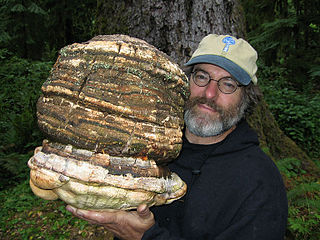A Quote by Jonathon Porritt
The huge arrogance of the companies developing GMO crops and their determination to destroy the line of accountability which links the developer to the product is breath-taking. When something goes wrong, as it inevitably will, there will be a great benefit to those who have taken a stance against genetically modified organisms.
Related Quotes
Genetically modified organism (GMO) foods are feared and hated by environmentalists and the public alike. Yet the scientific assessment of GMOs is remarkably different. Every major scientific evaluation of GMO technology has concluded that GMOs are safe for human consumption and are a benefit to the environment.
I'm against the theory of the multinational corporations who say if you are
against hunger you must be for GMO. That's wrong, there is plenty of
natural, normal good food in the world to nourish the double of humanity.
There is absolutely no justification to produce genetically modified food
except the profit motive and the domination of the multinational
corporations.
I would avoid any product that contains genetically modified (GMO) corn, because there are still questions regarding the long-term health effects of genetically altered foods on the human body have not been thoroughly tested. Sugars are also sneaked into tons of different foods, especially foods marketed to kids. Again, study the labels carefully before buying.
As we move forward, you cannot resolve the potential food crisis or shortages without science being part of the solution. Science has to be part of the solution but African governments - and these are decisions for governments, whether they embrace or do not embrace genetically modified food - and for the moment, most African companies do not accept genetically modified seeds.




































